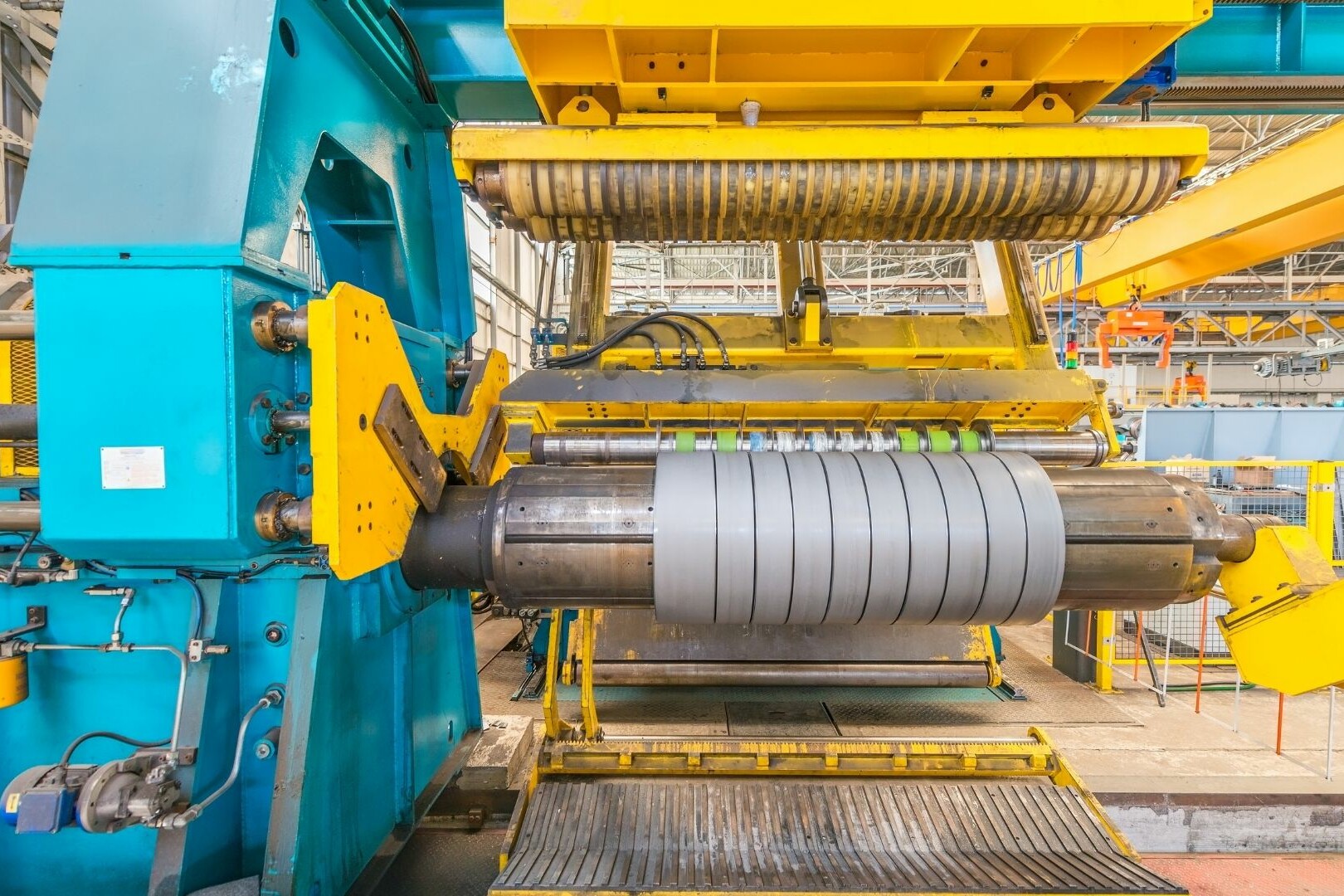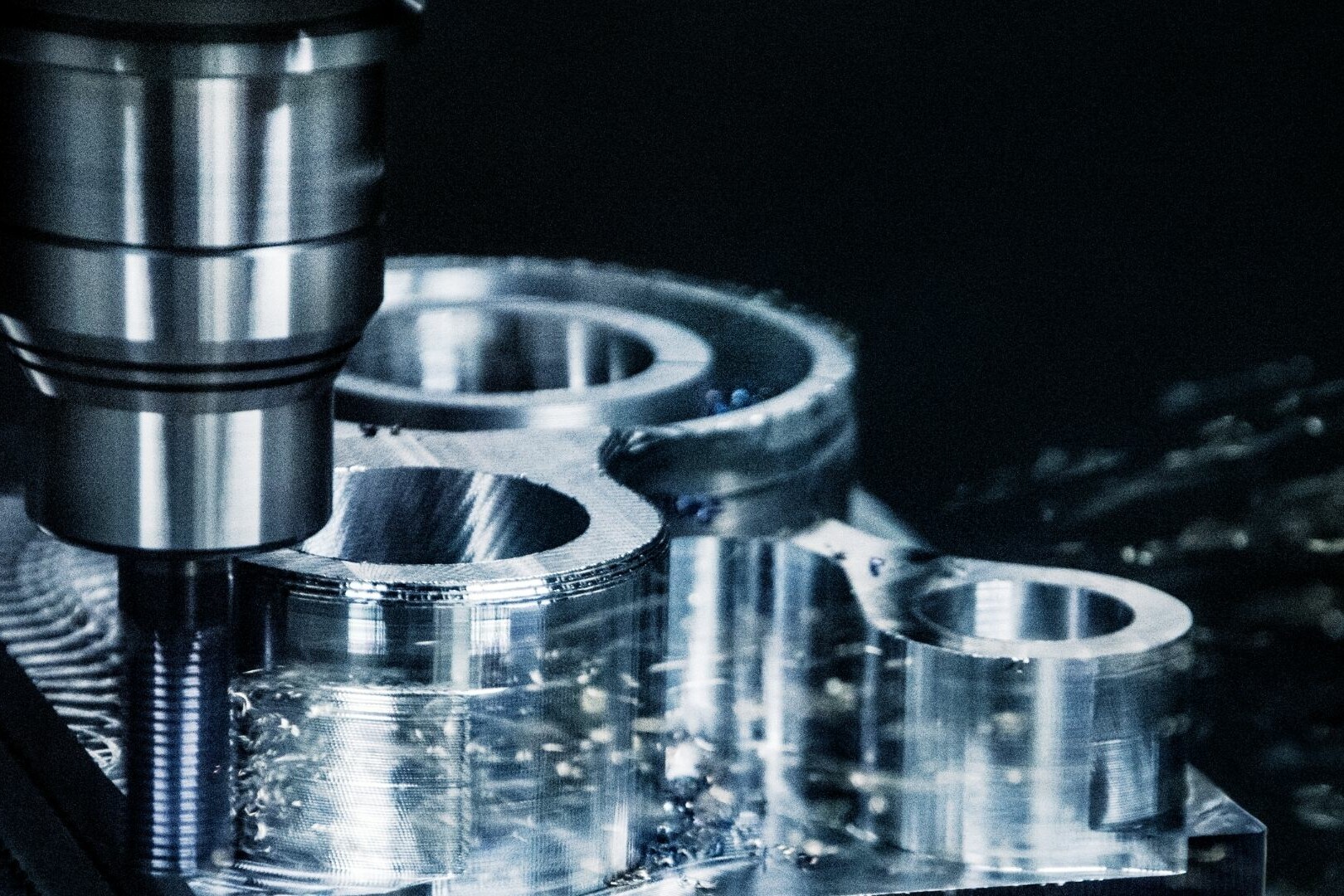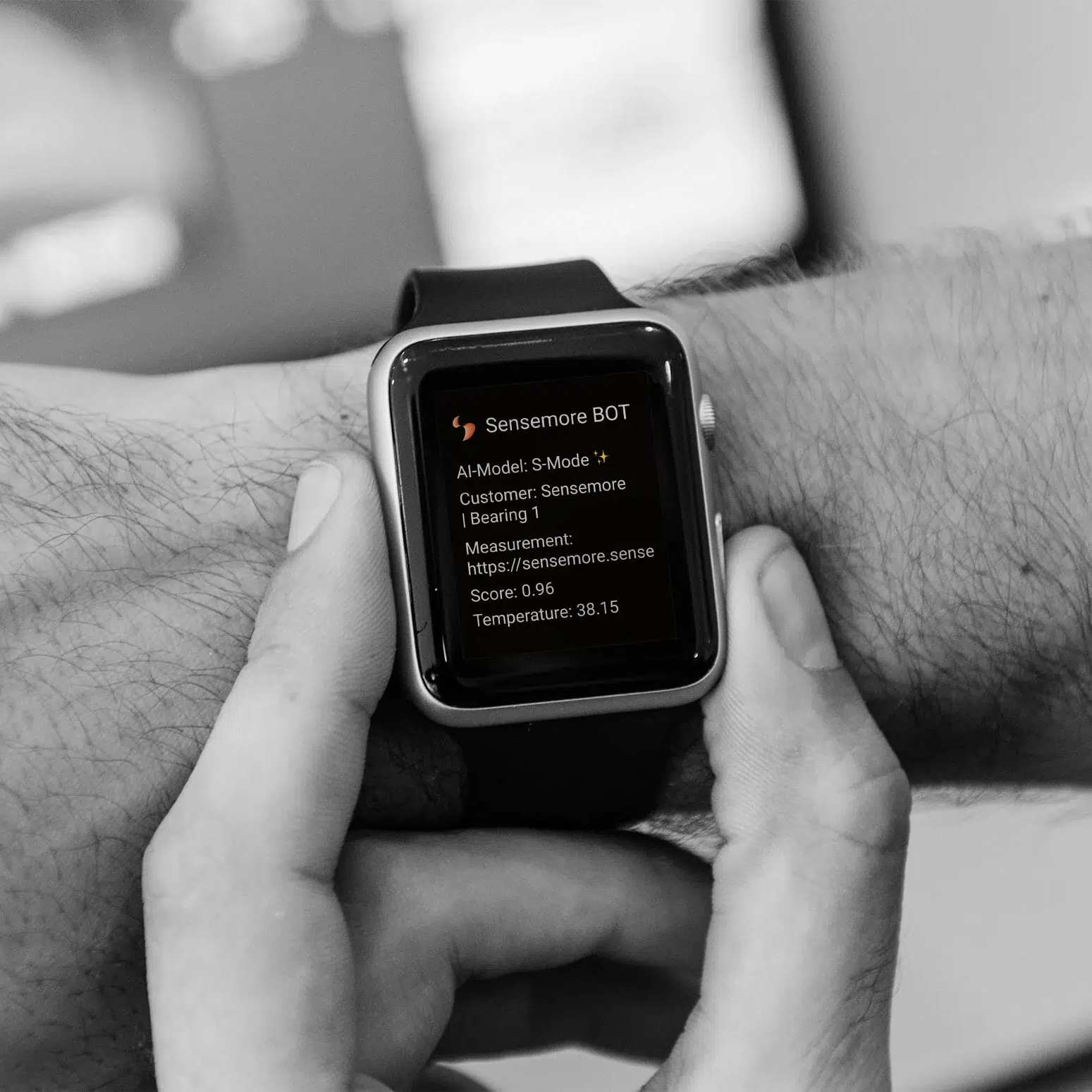Predictive maintenance is a proactive strategy crucial in the pharmaceutical industry, renowned for its precision and compliance requirements. Unlike traditional approaches, predictive maintenance employs advanced technologies to predict equipment failures before they happen. This methodology relies on real-time condition monitoring through sensors and analytics, allowing for the early identification of issues, thereby preventing unplanned downtime and ensuring operational efficiency.
In the pharmaceutical sector, where intricate and highly calibrated machinery is the norm, predictive maintenance becomes indispensable. It operates on the principle of continuous assessment, enabling the identification of emerging issues at their early stages. This not only minimizes the risk of equipment failures but also safeguards the quality and compliance of pharmaceutical manufacturing processes.
Predictive maintenance is strategically vital in pharmaceutical operations due to its ability to schedule maintenance activities during planned downtime, minimizing disruptions in the production chain. As the industry embraces Industry 4.0 and smart manufacturing, the integration of predictive maintenance aligns seamlessly with the broader trend of digital transformation. By incorporating IoT devices, machine learning, and data analytics, predictive maintenance facilitates intelligent and data-driven decision-making within pharmaceutical facilities.

Key Equipment in Pharmaceutical Manufacturing
Pharmaceutical manufacturing is a highly sophisticated process that relies on a spectrum of intricate equipment to ensure precision, quality, and compliance with regulatory standards. The key equipment in this industry spans various categories, each playing a crucial role in different facets of the manufacturing process.
High-precision Machinery
Tablet Presses:
Pharmaceutical tablets, the most common form of drug delivery, are meticulously produced using tablet presses. These presses exert controlled pressure to compress pharmaceutical powders into cohesive tablets with precise dimensions and weight. Predictive maintenance strategies for tablet presses involve continuous monitoring of mechanical components, tooling wear, and performance parameters to anticipate potential issues that could compromise tablet quality or disrupt production.
Packaging Equipment:
Packaging is the final stage of pharmaceutical manufacturing, where products are prepared for distribution and consumption. Packaging equipment includes blister packaging machines, cartoners, and labeling systems. Predictive maintenance applications in packaging equipment focus on monitoring conveyor systems, detecting faulty sensors, and ensuring proper sealing to prevent packaging defects and minimize downtime during the critical final stages of production.
Laboratory Instruments
Chromatography Systems:
Chromatography is a cornerstone analytical technique in pharmaceutical laboratories, employed for drug purity and potency assessment. High-performance liquid chromatography (HPLC) and gas chromatography (GC) systems require meticulous maintenance to ensure accurate and reproducible results. Predictive maintenance in chromatography systems involves monitoring column performance, pump functionality, and detector sensitivity to preemptively address potential deviations in analytical outcomes.
Mass Spectrometers:
Mass spectrometry is integral for identifying and quantifying chemical compounds in pharmaceutical research and quality control. Mass spectrometers are intricate instruments with numerous components susceptible to wear and degradation. Predictive maintenance strategies encompass monitoring vacuum systems, ionization sources, and mass analyzers to sustain the precision and reliability necessary for accurate molecular analysis.
HVAC Systems
Cleanroom Environments:
Maintaining a controlled and sterile environment is paramount in pharmaceutical manufacturing, particularly in cleanroom facilities. Predictive maintenance for cleanrooms involves monitoring air filtration systems, ensuring proper air circulation, and promptly addressing issues such as filter clogging to uphold stringent cleanliness standards and mitigate the risk of product contamination.
Temperature and Humidity Control:
Pharmaceutical processes often demand specific temperature and humidity conditions to ensure the stability and efficacy of products. HVAC (Heating, Ventilation, and Air Conditioning) systems play a pivotal role in regulating these environmental parameters. Predictive maintenance for HVAC systems includes monitoring refrigeration systems, checking thermostat accuracy, and addressing potential issues to prevent deviations from the required environmental conditions, which could jeopardize product quality.
A large variety of machines are used in the pharmaceutical industry. Processing equipment include agitators, centrifuges, blowers, capsule equipment, chillers, pulverizers etc. Post production equipment include CAM Blister Packing Machines, Bottling Lines, Counters, Sealers etc. All of these equipment works with small size products in a highly complicated, fast and precise manner. That’s why components used in these machinery are compact, precisely machined and purpose built. If any one of the critical components in these complicated machines were to fail, quality of the product can be heavily affected and all of the production line might face an unforeseen stoppage. In order to prevent such stoppages and malfunctions maintenance teams need to implement predictive maintenance technologies. Main elements providing and conveying the movement to the machinery are rolling elements, gearboxes, servo and induction motors. Predictive maintenance applications can be performed through many different applications such as thermal monitoring, lubrication analysis, ultrasonic inspection, vibration analysis, electrical analysis etc. Among these different analysis approaches vibration and electrical analyses are the most viable ones due to the ease of application and affordability.

Electrical analysis is one of the predictive maintenance applications fitting to the needs of the pharmaceutical industry. Especially on the components such as servo and induction motors used for the generation of precise and continuous movement to the production line. IoT based data acquisition devices paired with current transformers and voltage dividers can provide precise data about the energy consumption and efficiency of the equipment. These measurements can be analyzed to diagnose many different modes of malfunctions such as stator, rotor and connector problems and misalignment, unbalance and bearing failures before they result in a serious failure.
Vibration analysis is widely used in industry for the predictive maintenance of rotating machinery. Vibration data is usually collected through accelerometer instruments. This data can indicate many different modes of malfunction if collected and analyzed correctly. Many generic failure types such as mechanical looseness, unbalance, bearing failure, cavitation, gear failure, lubrication fault, belt and pulley fault etc. can be detected through vibration analysis. Sensemore AI powered predictive maintenance applications can identify anomalies indicating the root causes of malfunctions months prior to the occurrence of the malfunction.
Foreseeing failures, estimating remaining useful life and eliminating catastrophic malfunctions through early detection and corrective actions is the key to create an industry with higher efficiency, quality and sustainability.
Recommended Blog Posts
September 4, 2023
Powerful Signal Analysis Tools for Vibration Analysis
Predictive maintenance, crucial for machinery reliability, heavily relies on vibration analysis. Techniques like FFT…
September 4, 2023
Rotating Machinery Vibration Analysis
Vibration analysis is a critical tool in various industries like manufacturing, power generation, and transportation.…
December 28, 2022
Fault Diagnostic Technique Using Machine Mode Similarity Analysis
AI can diagnose machine faults with vibration data but machine mode similarity analysis is an alternative, it uses…
September 15, 2022
Understanding Rotating Machinery Data
Machine data is generated by physical attributes and actions of machines, collected by sensors and analyzed for…
August 6, 2021
Envelope Analysis
Bearings are critical elements in rotating machines, they support radial and axial loads, and reduce friction. Real…
May 6, 2021
What is Cepstral Analysis?
Cepstral Analysis, a tool used to detect periodicity in frequency spectrum, can be useful in gearbox fault detection in…
October 9, 2020
How is Fault Detection Performed?
Vibration measurements and analysis, using multiple parameters, can identify developing problems in machinery before…
September 21, 2020
Parameter Selections in Vibration Measurement
Vibration measurements are used to determine the response of machines to forces and identify potential issues. It is…
September 4, 2020
What is Vibration Analysis?
Vibration analysis can be used to discover problems in machines and predict when they might fail. It can significantly…
Discover Our Products
Sensemore Predictive Maintenance Solution
If you enjoyed this blog, explore our Predictive Maintenance Solution page.











